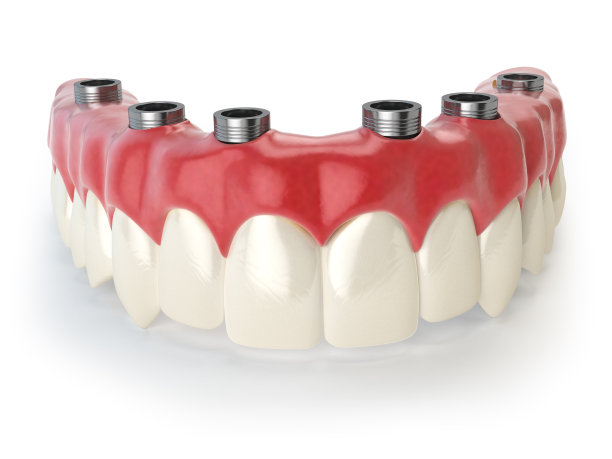Essential Guidelines and Precautions to Consider Before Undergoing Dental Implantation for Optimal Success and Safety
Summary: Dental implantation is a pivotal procedure for restoring lost teeth and enhancing dental health. However, ensuring optimal success and safety entails meticulous preparation and awareness of essential guidelines and precautions. This article examines four crucial aspects to contemplate before undergoing dental implantation: assessing your dental and medical history, choosing the right dental professional, understanding the procedure and recovery process, and adhering to post-operative care instructions. By addressing these facets, patients can significantly increase the likelihood of a successful outcome while minimizing potential risks.
1. Assessing Your Dental and Medical History

Before considering dental implantation, a thorough assessment of your dental and medical history is paramount. This involves evaluating your oral health condition, including the presence of gum disease or decay, which could impact the procedures success. Clear communication with your dentist about any existing dental issues allows for informed planning and decision-making.
Additionally, its vital to disclose any medical conditions or medications you are taking. Certain health conditions, such as diabetes or heart issues, can influence healing time and the bodys ability to integrate the implant. Understanding these factors will help your dentist tailor the treatment plan to suit your specific needs.
Lastly, addressing lifestyle habits like smoking or excessive alcohol consumption is crucial since these habits can significantly impair healing and implant success. By taking a comprehensive look at your history, both dental and medical, you lay a strong foundation for a successful dental implantation.
2. Choosing the Right Dental Professional
The choice of a dental professional significantly affects the outcome of dental implantation. Its essential to select a qualified and experienced dentist or oral surgeon specializing in implants. Research their credentials, ask about their experience, and seek recommendations from previous patients to gauge their effectiveness.
Furthermore, consider visiting their practice to assess the environment and the availability of advanced technology that enhances the procedures success rate. A comfortable and well-equipped facility can greatly reduce anxiety and ensure a smooth experience during the surgery.
Lastly, its advisable to have a preliminary consultation. This interaction allows you to discuss your concerns, understand the proposed treatment plan, and gauge the dentists approach to patient care. Choosing the right professional can be the difference between a smooth process and a frustrating experience.
3. Understanding the Procedure and Recovery Process
Before undergoing dental implantation, its crucial to understand the procedure thoroughly. This includes familiarizing yourself with what to expect during the surgery and the techniques involved. Knowing the types of implants available and the surgical methods can provide peace of mind and help manage expectations.
The recovery process is equally essential to comprehend. After the surgery, patients can expect some swelling, discomfort, and possibly bruising. Understanding the timeline for recovery, including how long it might take for the implant to fuse with the jawbone, is vital for setting realistic expectations for everyday routines and activities.
Also, it’s essential to discuss possible complications that may arise, such as infection or implant failure. Awareness of these risks can help you recognize early signs of complications and seek prompt medical attention, ensuring a safer recovery period.
4. Adhering to Post-operative Care Instructions
Post-operative care is a significant factor influencing the success of dental implants. Following your dentists instructions regarding oral hygiene is crucial. This not only involves brushing and flossing effectively but also using prescribed mouth rinses to minimize infection risks.
Furthermore, monitoring your diet during the recovery phase is imperative. Initially, a soft food diet may be recommended to avoid stressing the implant site. Gradually incorporating solid foods into your diet as advised can facilitate healing without causing discomfort.
Lastly, attending follow-up appointments as scheduled is essential for a successful recovery. These visits allow your dentist to monitor healing, make adjustments if necessary, and address any emerging issues promptly. By adhering to these post-operative care instructions, you enhance the likelihood of a successful and lasting implant.
Summary:
In summary, embarking on a dental implantation journey requires careful consideration of various guidelines and precautions. Assessing your dental and medical history ensures a well-informed decision, while choosing the right dental professional can greatly influence the outcome. Understanding the procedure and recovery helps set realistic expectations, and adhering to post-operative care is integral to success. With these essential considerations, patients can enhance their comfort and confidence in the procedure.
This article is compiled by Vickong Dental and the content is for reference only.



